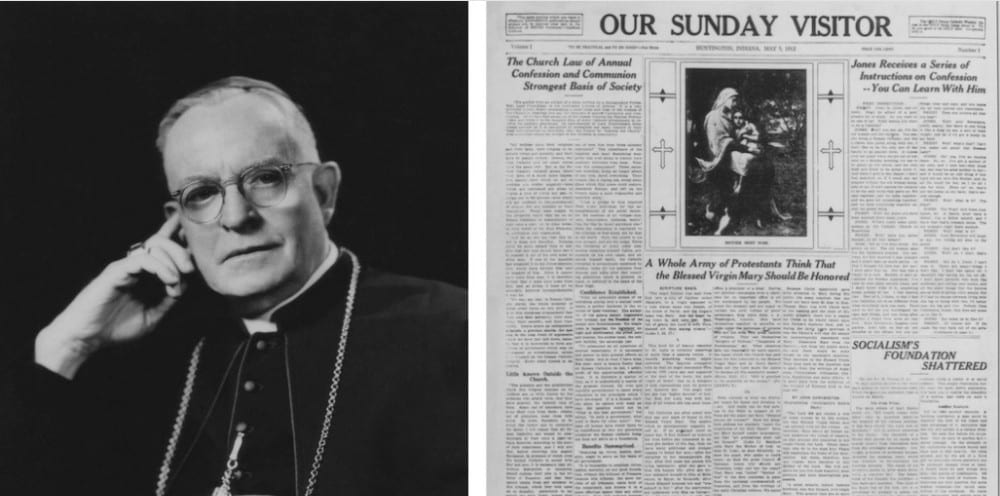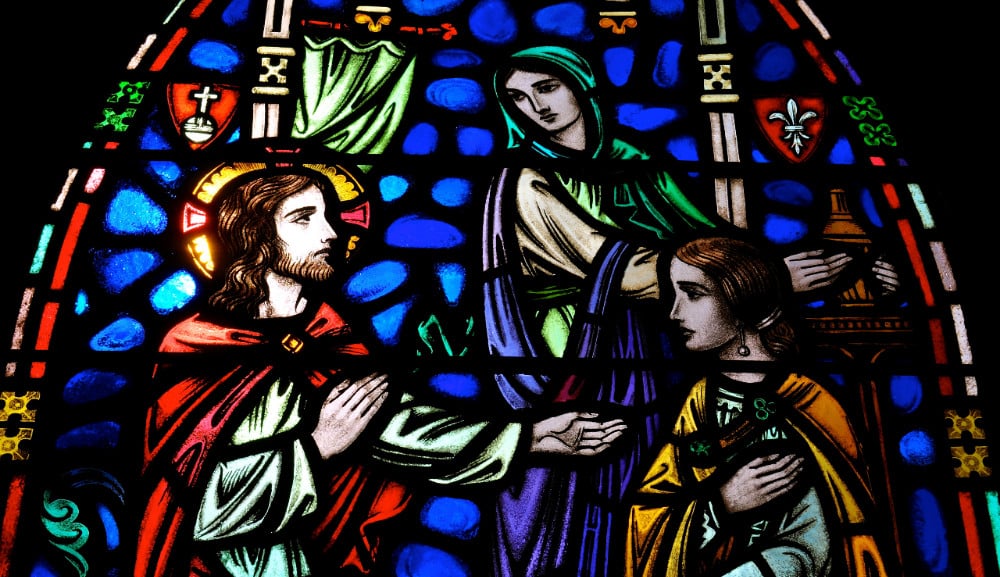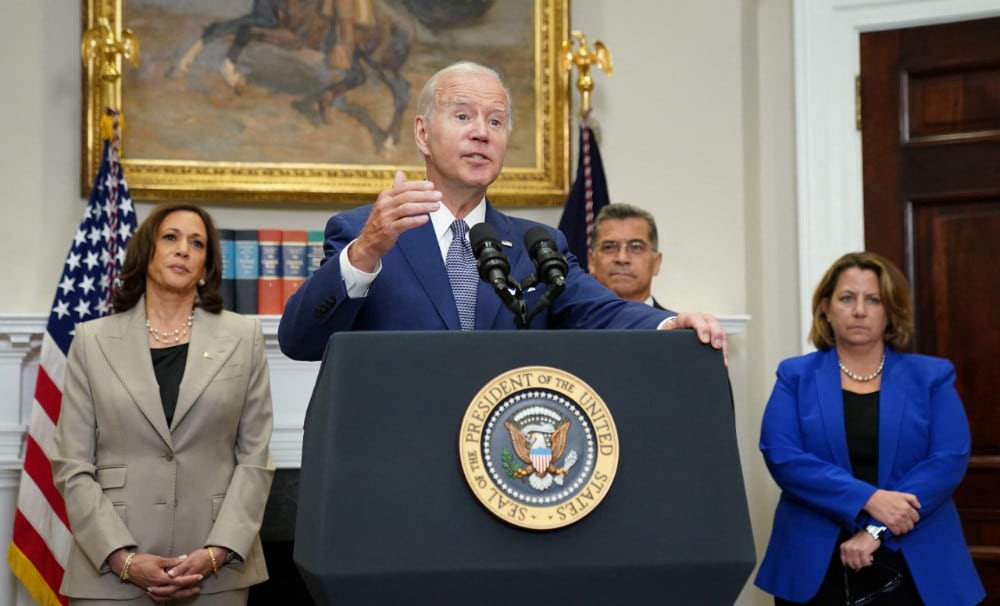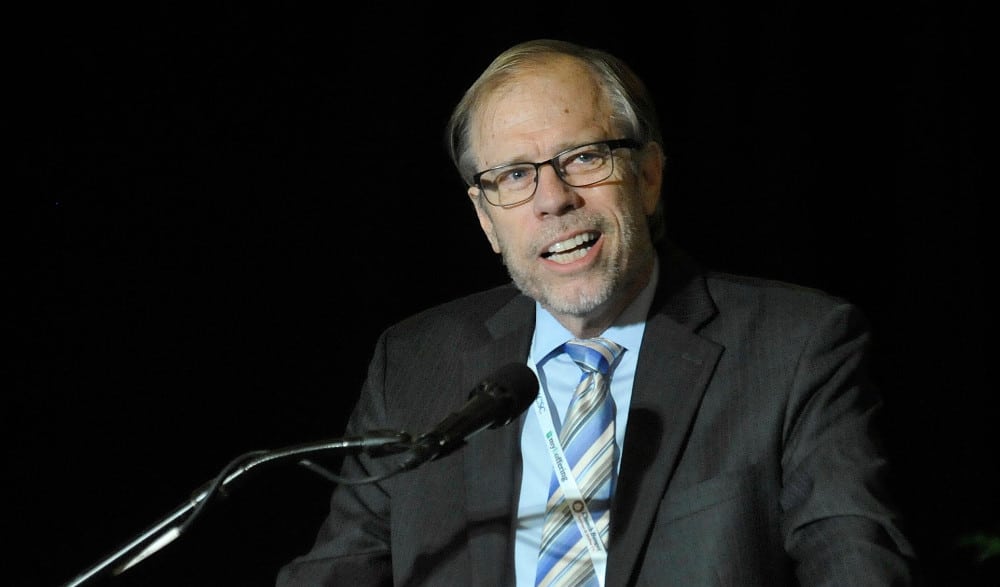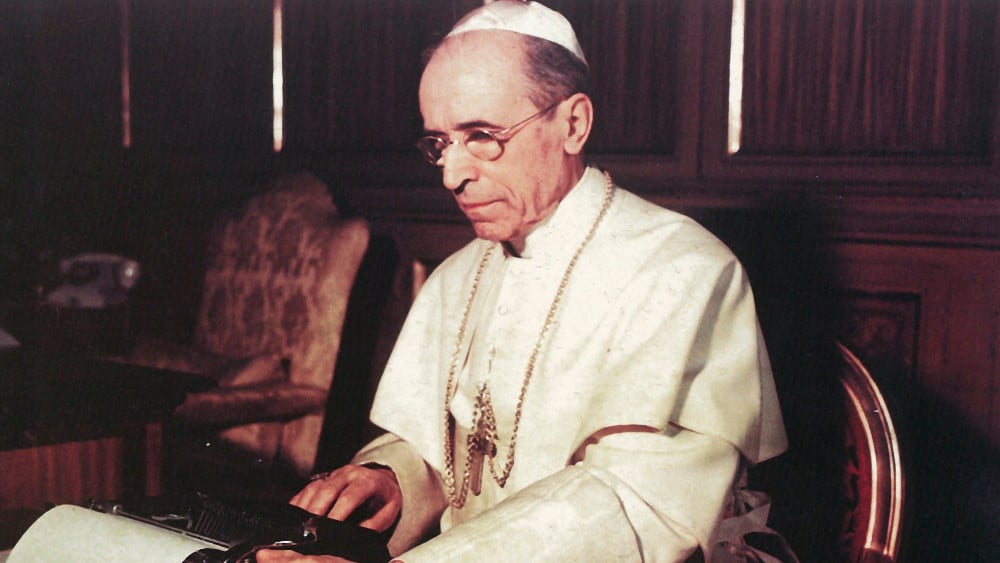Some stark facts to begin: In the United States, every single day, 10,000 people reach the age of 65. In 2008, 7% of the world’s population was over 65. In 2040, 20% of the world’s population will be over 65 — that’s 1 in 5 people on the planet. Moreover, in 2040, there will be more human beings over the age of 65 than under the age of 5 — a statistic that has never before happened in human history. What are the implications for health care, housing, food, mental health services, government aid and pastoral care?
In 1980, Pope St. John Paul II told the International Forum on Active Aging that older men and women play a role in “the continuity of the generations” by their “charism of bridging the gap.” Pope Benedict XVI, visiting a London nursing home in 2010, said: “As advances in medicine and other factors lead to increased longevity, it is important to recognize the presence of growing numbers of older people as a blessing for society. Every generation can learn from the experience and wisdom of the generation that preceded it. Indeed, the provision of care for the elderly should be considered not so much an act of generosity as the repayment of a debt of gratitude.” Pope Francis has been especially strong in promoting care for the elderly. He talks about caring for our elders and linking them with our young people all the time. In Amoris Laetitia (Nos. 191-93), he describes elders as “a living part of our community.”
Models in Scripture
The Bible provides good examples of how we treat our elders — both well and poorly. These are stories young and old can read together; each would be surprised at how differently the story looks from the other. See how the young Elihu waits for Job and his elders to speak before he makes his points. Observe not only how young Ruth refuses to leave her mother-in-law, Naomi, but also how Naomi helps Ruth make good decisions with the wisdom of her long years. Do the matriarchs, patriarchs and prophets continually tell us to honor our mothers and fathers because we’re not and need to be reminded to do so? Can we learn patience, especially about waiting for children and then grandchildren, from Sarah and Abraham, Elizabeth and Zechariah? Can our young people understand the stamina of faith presented by the many mothers and grandmothers who stood by Jesus when the men ran away?
Look at Anna and Simeon as models of praise and patience for young people. They are prophets, even though we’re used to prophets being young like Jeremiah. You know the story from Luke 2, which we mark as the feast of the Presentation each year on Feb. 2. Simeon is not given an age, but we learn he is a righteous man waiting for his death, which Yahweh said wouldn’t come until he laid eyes on the Messiah. Nearby is Anna, given the precise age of 84, a holy woman who came to the Temple each day, like our own elders who attend daily Mass. Preaching on the feast of the Presentation in 2014, Pope Francis said, “It is a meeting between young people who are full of joy in observing the Law of the Lord and the elderly who are filled with joy for the action of the Holy Spirit.” Speaking not long after his election at World Youth Day in 2013 in Brazil, he said, “The elderly are also the future of a people.” Even at the end of their lives, these two prophetic senior citizens, Anna and Simeon, were still paying it forward. They biblically bridged the generation gap.
We can make that happen in our own communities on special days and every day — any day at all. Pope Francis has introduced an annual celebration of the fourth Sunday in July: the World Day for Grandparents and the Elderly, which coincides with the feast of Jesus’ grandparents, Joachim and Anna. Pope Francis gives us papal homework. Speaking a few days after his own 80th birthday in 2016, he said to a group of youngsters: “Speak to your grandparents. Ask them questions. They have the memory of history, the experience of living, and this is a great gift for you that will help you in your life journey.” Where can this happen? Many places.
Ways to connect
The first commitment is to make this a priority whether you are a grandparent, parent or younger person. Once you’ve done that, here are a few ideas of cultivating interactions between seniors and youngsters.
1. Families are separated, so pair up a grandparent without grandkids nearby in your parish with grandkids without local grandparents. Set up a movie night: one time the elder chooses, the next the youngster. Talk all the way through it; explain things to each other.
2. Oral interviews: Our seniors will not always be with us. We’ve heard their stories, but have we preserved them? Have young people documented their elders’ experiences by taping them so video and audio can last beyond their lifetimes? Start with the funny stories we’ve all heard. Prompt them to tell the stories they’ve never told but time is running out to do so. “What was it like when you came to this country? When you first dated? When you started school? When you had something rough happen to you? What is your greatest regret?”
3. Maybe tie these interviews to children’s sacramental preparation and life lessons: “Abuela, what was your first Communion like?” “PopPop, did you get confirmed?” “Tell me about Mommy’s baptism. Tell me about mine.”
4. Volunteer together: “You were a refugee. How can we help refugees today?”
5. Ask the tough questions: “Did you ever doubt God? Were you afraid you wouldn’t get a job? What did you think when your sister got cancer? How did you get through it? Did you ever march for a political or social cause? What happened? Were you scared? What was the cost? What helped you do hard things? Would you do it again?”
6. Make the ordinary extraordinary: Elders aren’t quick with tech; teenagers are. Have young people help grandma with her laptop or Zoom call. Connect an experienced retired person with a certain skill with a young person thinking of picking it up. It can be anything: plumbing, nursing, social work, electrician, teacher, bus driver, a person starting their own business.
7. Cook together: Share the family recipes, write them down, even if you’ve never done that before (especially if you’ve never measured it beyond “a handful of this, a pinch of that”). Tell the story that goes with the recipe — a feast, a wedding, a birthday, or no special event at all but something you just love to make. It might go like this: “When we came to this country, we couldn’t find this ingredient, so we substituted it with that. When we didn’t have enough food, we stretched it this way.” And then: Eat together, as often as possible. Reclaim the dinner table — with no smartphones.
In May 2022, Pope Francis directed our attention to the biblical figure of Judith, who lived to be 105 years old. She spent her older years giving out wisdom, telling stories, passing on her lessons. As Pope Francis said, “The life of our communities must know how to benefit from the talents and charisms of so many elderly people who are already retired, but who are a wealth to be treasured.” We have an extraordinary opportunity to recreate what Judith was to those around her. Seniors can pay it forward as long as they can. Youngsters can listen, learn and act in ways that appreciate and honor their elders. What looks like a crisis can become instead a chance to change the normal habits to build a new way of being Church.
Christopher M. Bellitto, Ph.D., is a professor of history at Kean University in Union, New Jersey. This article is adapted from a talk he gave at the World Meeting of Families at the Vatican in June 2022. The book from which he drew is Ageless Wisdom: Lifetime Lessons from the Bible (Paulist Press, $18.95).


